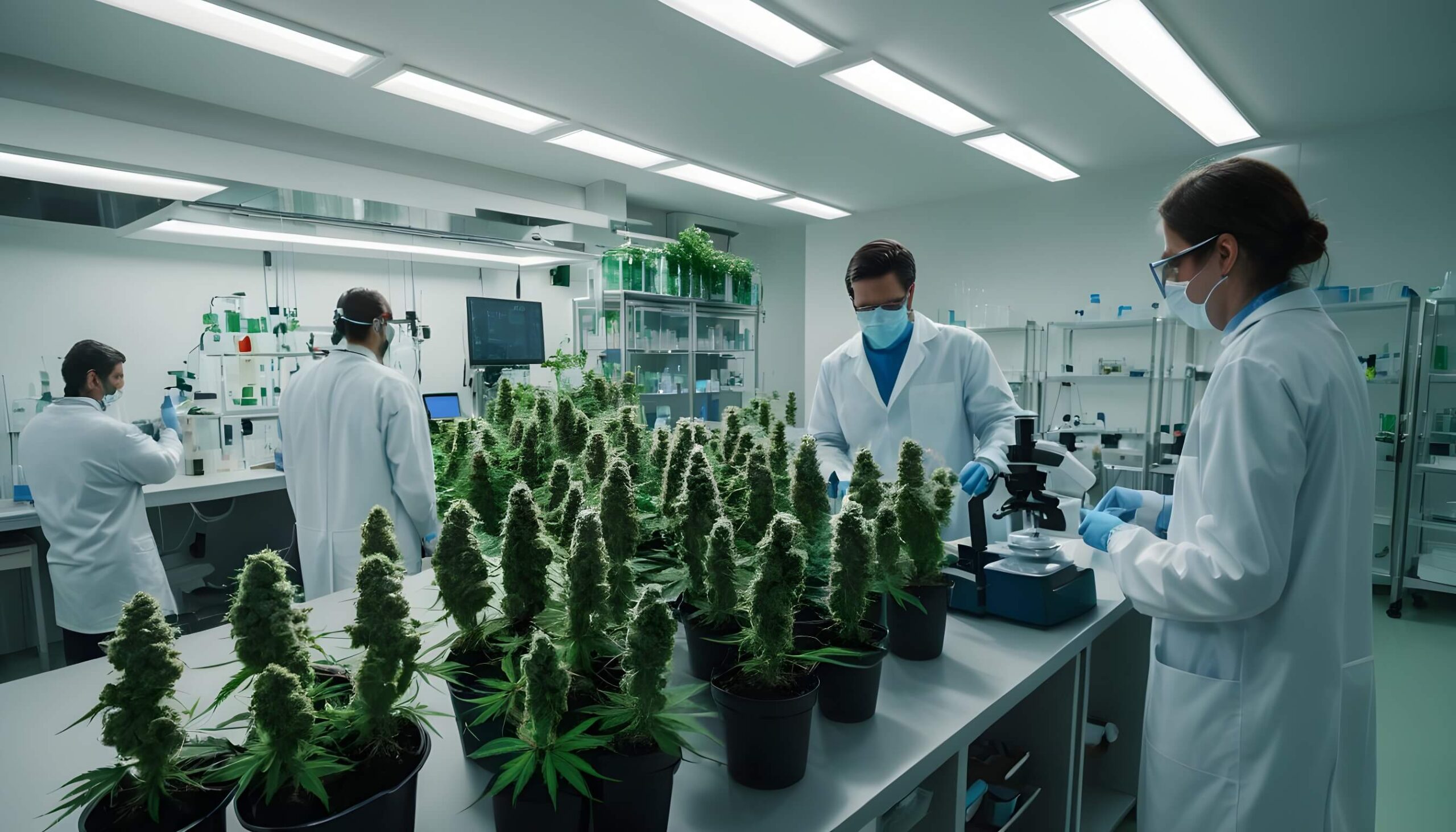In a substantial policy shift, Mexico’s government has finalized the legislation required to regulate medicinal cannabis use within the nation. Signed by President Andres Manuel Lopez Obrador, the newly approved decree paves the way for an extensive framework concerning both medicinal and recreational marijuana usage.
New opportunities in medical research
The latest regulation permits pharmaceutical entities to engage in medical studies involving cannabis-based products. This development is seen as a move to bolster scientific understanding and therapeutic application of cannabis in various medical treatments.
Companies interested in conducting this research must secure approvals from Mexico’s health regulator, COFEPRIS, and maintain operations within strictly supervised independent labs.
Scope and limitations under the new rule
Under the new regulatory environment, pharmaceutical companies will have the capability to process and convert cannabis into drug formulations that are recognized as controlled substances and require prescriptions. However, the directive explicitly prohibits individuals from growing their cannabis plants for personal or medicinal use, focusing production capabilities solely in the hands of authorized corporations.
Cultivation and selling guidelines
The recent rules also highlight how companies can legally sow, grow, and harvest cannabis solely for medical purposes. This structured approach ensures a regulated supply chain and safeguards against potential misuse or illegal distribution.
Furthermore, while the importation of cannabis for product development is permitted, the export of locally-grown cannabis remains strictly banned. This measure aims to control the market and ensure sufficient domestic supply before considering international trade dynamics.
Implications for recreational use
Parallel to medicinal cannabis regulations, Mexico is on the brink of creating history by potentially establishing the largest legal cannabis market worldwide once the new recreational use bill passes. Lawmakers anticipate positive outcomes, including significant reductions in drug-related violence and challenges posed by cartels who have long profited from unlawful marijuana cultivation and smuggling across the U.S. border.
Although recreational use in Mexico has already been decriminalized in 2021, this new bill aims file the corners of some issues that have remained.
Expected changes in societal and economic dynamics
The legalization endeavor represents a transformative shift for Mexico – promising not just improvements in public health arenas but potentially stabilizing areas ravaged by drug cartel activities. Economically, it opens up new industries and job opportunities, positioning Mexico as a pioneering force in global cannabis markets. The legislation strives to balance offering access and managing control over this sensitive issue.
Looking forward
As these changes unfold, close monitoring and adaptation will be crucial. Stakeholders from various sectors—healthcare, law enforcement, agriculture, and commerce—must continuously dialogue to ensure the practical implementation of these laws. As Mexico navigates this uncharted territory, the insights gained could serve as valuable lessons for other nations contemplating similar reforms.





